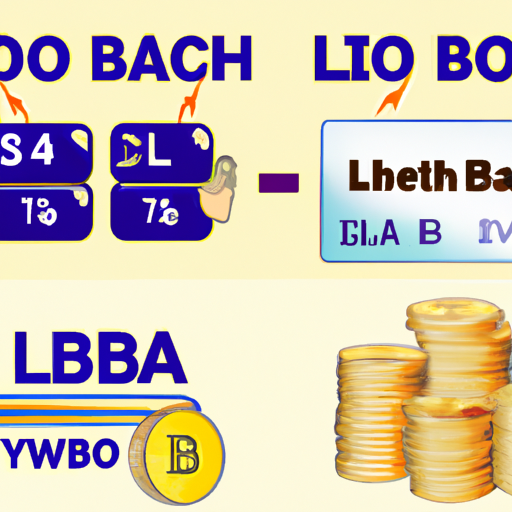
In the world of investments, the term 'bluechip withdrawal' refers to the act of pulling funds from blue-chip stocks. Blue-chip stocks are shares in large, well-known companies with a history of sound financial performance. These stocks are regarded as safe havens due to their reliability and stability in generating positive returns. However, there are instances when investors might opt for a 'bluechip withdrawal'. This could be due to various reasons, such as a shift in investment strategy, a need for liquid assets, or a reaction to market volatility. While blue-chip stocks offer steady returns, they might not always provide the high yield that risk-tolerant investors seek. Yet, it's important to note that 'bluechip withdrawal' should be done strategically. These are high-quality stocks that can provide steady income over the long term. Therefore, withdrawing from them must be a calculated move, considering other market opportunities and the potential impact on one's investment portfolio. In conclusion, 'bluechip withdrawal' is a significant move in an investor's strategy and should be undertaken with careful consideration. It reflects not just the performance of the blue-chip stocks but also the broader market conditions and investors' individual financial goals.